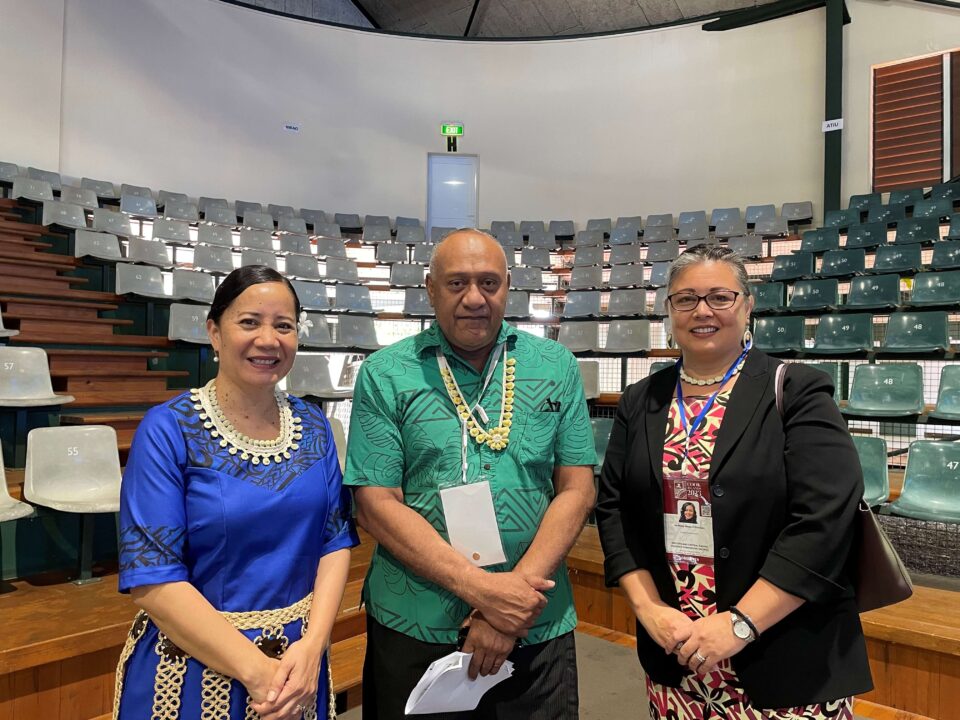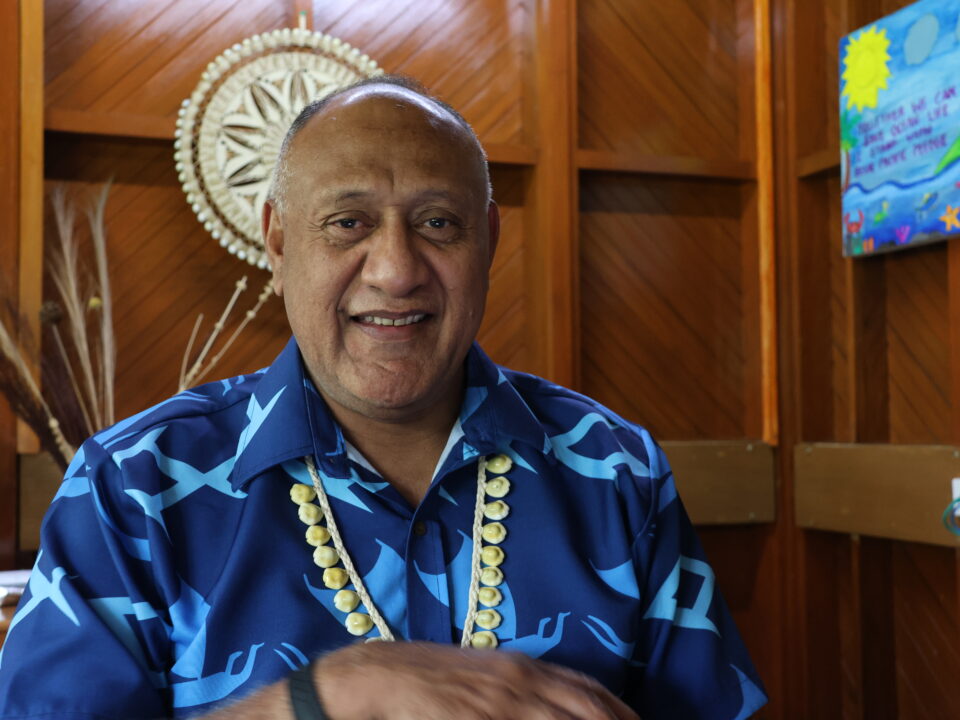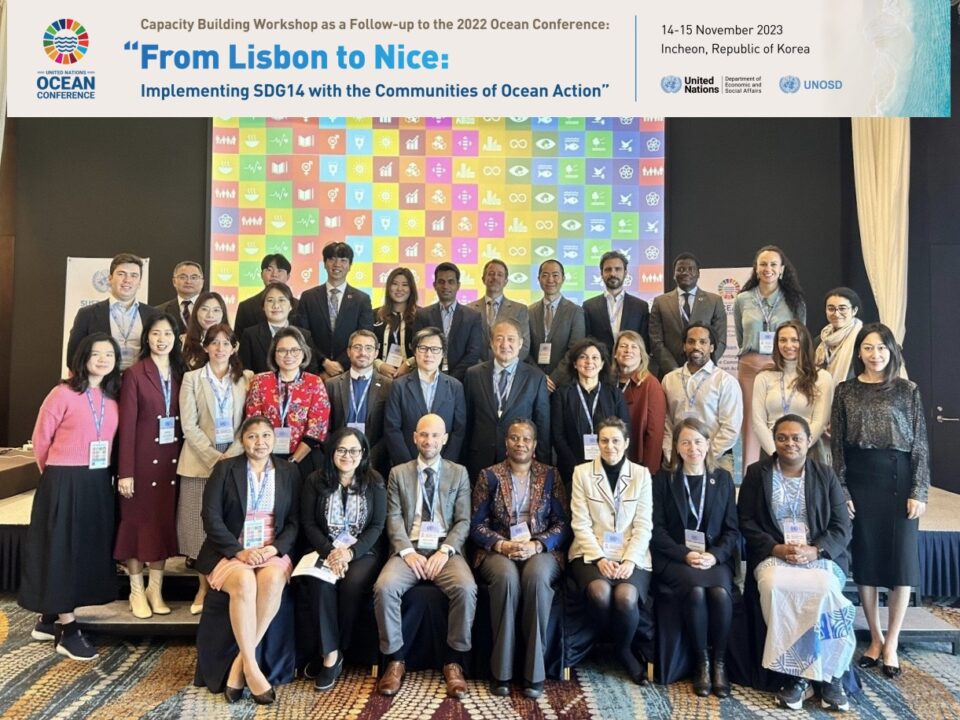
A key issue on the agenda of the Pacific Islands Forum Leaders meeting this week in Nauru will be discussion between members and development partners on resolving 13 outstanding shared maritime boundaries.
That’s an urgent matter that Secretary General of the Pacific Islands Forum, Dame Meg Taylor is keen to get the conversation going between leaders and dialogue partners to resolve these outstanding boundaries.
“Securing maritime boundaries for member countries of the Pacific Islands Forum is crucial in realising the value of their oceans resources. It’s a critical concern that Pacific countries need to deal with if they are to secure the integrity of ocean sovereignty, emphasised Dame Meg in a conversation with the Pacific media in Nauru Sunday.
Since the endorsement of the Framework for a Pacific Oceanscape in 2010, the Pacific has progressed in resolving a number of maritime boundaries. A total of 15 treaties have been signed between countries to delimit their shared maritime boundaries.
Of the 48 shared maritime boundaries in the Pacific, 35 have now been settled in signed treaties, with 13 more yet to be resolved.
Dame Meg said there are active discussions currently underway to resolve some of these outstanding shared boundaries – between Tonga, Samoa and Niue, Fiji and Vanuatu and Samoa and Tonga.
“Settlement of maritime boundaries provides certainty to the ownership of our ocean space, which is vital for managing our oceans resources, biodiversity, ecosystems and fighting the impacts of climate change.”
One of the challenges for Pacific countries is the lack of scientific research and knowledge of our ocean resources, said outgoing Vice Chancellor of the University of the South Pacific, Professor Rajesh Chandra.
“Unless we know what we have within our EEZs, we cannot protect our interests. We cannot negotiate with strength without scientific data to support our claims. We know more about our fisheries but not about our oceans. We need to step up our scientific research, said Professor Chandra.
He said it’s crucial that the Pacific determine the agenda of the scientific research on oceans.
“We have some scientific capabilities in the region, but we can do this better through partnerships with other universities and development partners. This is the age of collaboration but it’s crucial to drive the point that the Pacific must drive the agenda for these researches.
The outgoing director general of the Pacific Islands Forum Fisheries Agency (FFA), James Movick agrees the shifting of geopolitics in our region requires us the Pacific to take ownership of our resources and scientific researches is the best way to start.
“The changing geopolitics of our region has seen major powers in the Pacific interested in our resources. A lot of scientific researchers are being done by independent research groups and some of them come up with outrageous reports. We need to set the processes and rules to track and better assess these researches. We need to set up a regional peer review process to better manage these scientific researches, said Movick.
The conversation with the Pacific Media was organised by the newly established Office of the Pacific Ocean Commissioner. Dame Meg, is the region’s Ocean Commissioner.
Published: PACNEWS



